Artificial Intelligence (AI)

CMU Technologists Look to a More Inclusive Future
NEWSThe HCII's William Agnew and Jordan Taylor are just two of the CMU researchers working to ensure that the outputs of large language models represent the communities they reference.As artif...
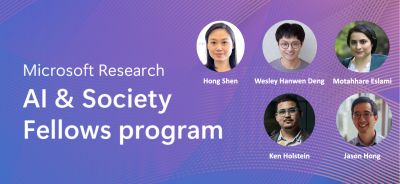
Five Named Microsoft Research AI & Society Fellows
NEWSFive researchers from the Human-Computer Interaction Institute – Hong Shen, Wesley Hanwen Deng, Motahhare Eslami, Ken Holstein, and Jason Hong – have been named 2024 Microsoft Research AI ...
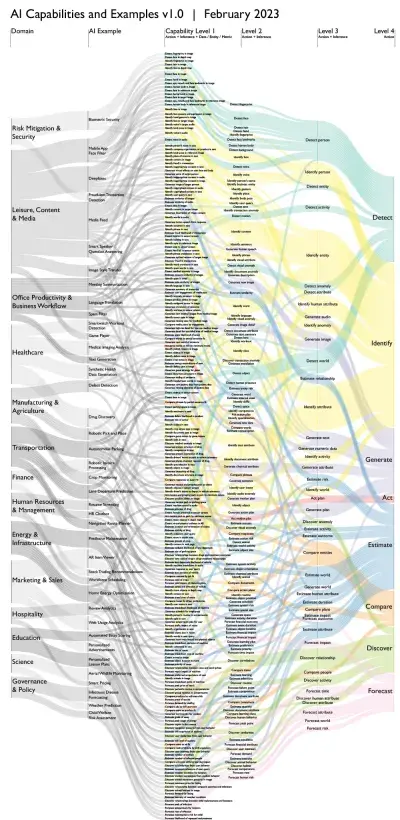
Yildirim Selected as AI Rising Star
NEWSHCI Institute doctoral candidate Nur Yildirim was invited to present a lightning talk at the 2023 AI Symposium at the University of Michigan, which had a theme of “Responsible AI.”...
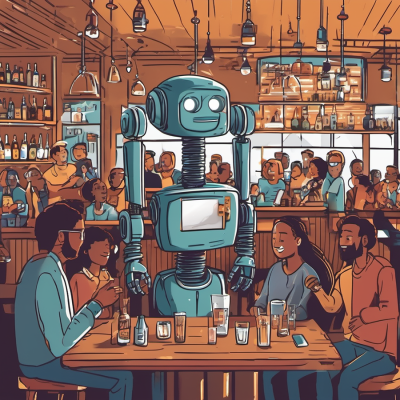
Less Is More: 'Stingy' Bots That Hoard Resources Can Still Boost Human Relationships
NEWSA recent study from Carnegie Mellon University and Cornell University researchers unveiled how artificial intelligence impacts human welfare in social networks. ...
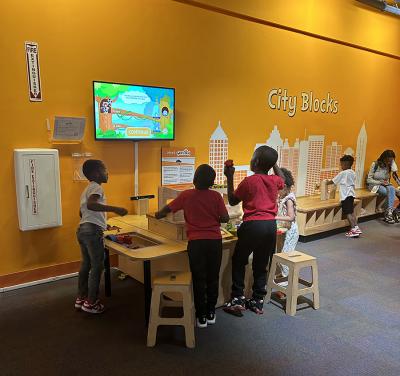
HCII Researchers Receive $3M NSF Grant to Expand AI-Powered Intelligent Science Stations in Schools
NEWSA team of researchers from the Human-Computer Interaction Institute (HCII) in Carnegie Mellon University's School of Computer Science received a $3 million grant from the National Science ...
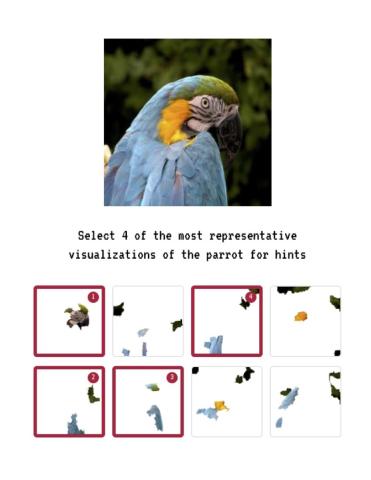
Eye into AI
PROJECTRecent developments in explainable AI (XAI) aim to improve the transparency of black-box models. However, empirically ...

AI Should Be Kind and Fair, Young Black Girls Tell CMU Researchers
NEWSWhen asked about future uses for artificial intelligence, a group of fifth- and sixth-grade Black students attending a summer camp at Carnegie Mellon University had some unique ideas. One ...

HCII Researchers Awarded $2M Grant To Test AI-Based Mobile Tutoring Software
NEWSHomework can be extra difficult for middle school students facing limited access to technology, lack of parental support or other factors that could hinder their learning....
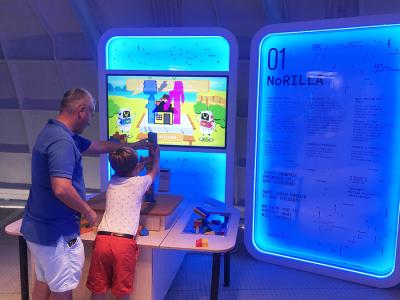
AI-Powered Museum Exhibit Shows Technology's Potential in Education
NEWSA project from the School of Computer Science's Human-Computer Interaction Institute that uses artificial intelligence to assist children in hands-on educational experiments is one of six ...
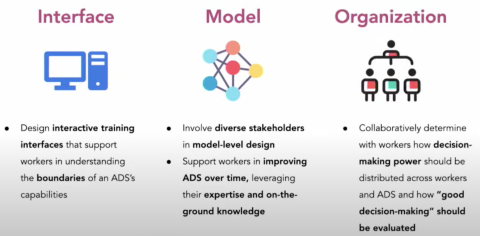
Studying and designing for human-AI collaborative work in real-world contexts
PROJECTAcross a range of real-world contexts, we are studying how AI is currently being designed and used to augment or transform worker practices. Moving beyond...
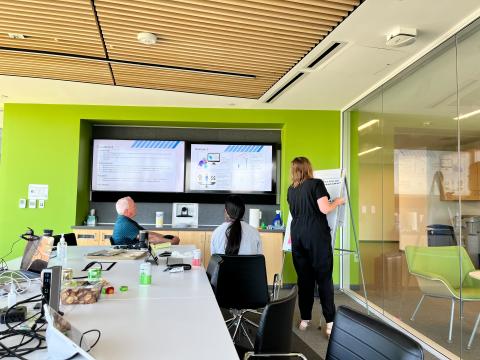
Empowering and Enhancing Workers Through Building A Community-Centered Gig Economy
PROJECTThe gig economy is characterized by short-term contract work performed by independent workers who are paid in return for the "gigs" they perform. Example ...

Advancing Fairness in AI with Human-Algorithm Collaborations
PROJECTArtificial intelligence (AI) systems are increasingly used to assist humans in making high-stakes decisions, such as online information curation, resume s...

